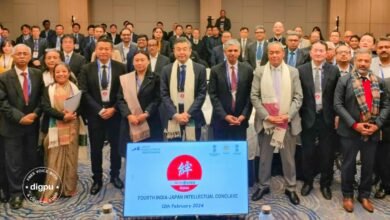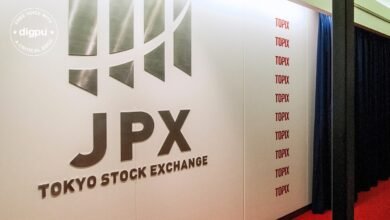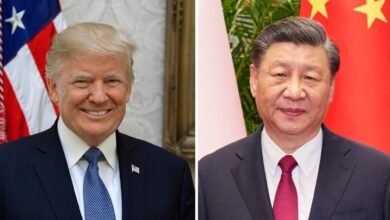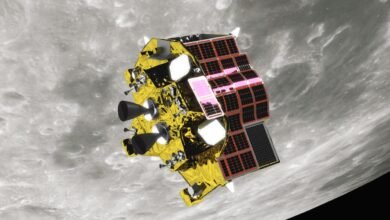Japan ups LNG imports from Russia
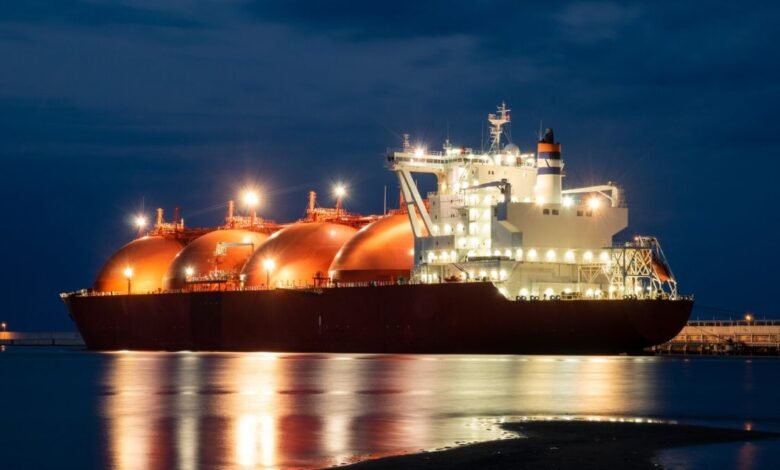
Japan, the world’s biggest LNG consumer, increased its purchases of Russian LNG by more than 200% in August.
Russian LNG (liquefied natural gas) exports to Japan increased in volume by 211.2% since August 2021, according to trade statistics of the Japan finance ministry. Russian imports of LNG have surged by more than 380% in value.
Japan purchases two-thirds of LNG from Qatar, Malaysia, and Australia. The Asian nation imported 450,000 metric tonnes of LNG from Russia last month, according to Customs figures from the finance ministry. The United States accounts for 6% of Japan’s LNG imports, while Russia accounts for 9%.
Japan’s LNG shipment boost
Japan’s increase in LNG exports comes after Russia changed the operator of the Sakhalin-2 LNG project to a domestic company in reaction to “unfriendly” International sanctions. The largest city gas provider in Japan, The Tokyo Gas Co. Ltd., has agreed to a long-term agreement to purchase liquefied natural gas from Sakhalin-2’s new Russian operator (LNG).
The decision raised concerns about the reliability of LNG supplies, but after the new Russian operating company promised them the same financial terms, Japanese customers extended their contracts to purchase LNG from Sakhalin-2.
According to information released by Japan’s finance ministry in August 2022, overall imports from Russia increased by 67.4% while exports declined by 21.5%. As a result of Russia’s invasion of Ukraine, Japan has joined its partner, the United States, and other Western nations in placing unprecedented sanctions on that nation. Since the February invasion, a large number of Japanese consumer, technology, and industrial companies have abandoned their operations in Russia.
Current market demands
As a result of the oversupply of LNG in the Japanese market, consumers there are generally content with their purchases of the requisite LNG volume. But it’s probable that the supply-demand balance may tighten in the early 2020s, which will probably lead to an increase in spot prices.
A Japanese energy think tank claims that this tighter situation is a result of the recent slowdown in the Financial Investment Decision (FID) market as well as the rising demand for LNG from developing nations like China, India, Pakistan, and Bangladesh.
Even so, Japanese off-takers say they are confident in being able to secure the volume they need in the mid-and long-term and that they are well prepared for any potential shortages. Part of this confidence stems from the offtakers’ perception that there are numerous FID prospective projects available to them that will meet their future needs.
In August, Russian oil purchases decreased in both quantity and price by 20.3% and 54.1%, respectively. Additionally, Japan purchased 32.6% less Russian coal, albeit at a greater cost this year. The previous month, Japan’s exports to Russia climbed as a whole, with shipments of computers and computer parts rising by 107.1% and 161.6%, respectively.
Japan keen on continuing Russia ties
The sanctions, however, caused the flow of semiconductors to Russia to stop earlier this year. However, Russian imports of trucks and buses fell, while auto exports rose by 5.8%. Japan imposed sanctions on Russian people, organisations, banks, and more than 300 exports and imports in support of the US and EU in reaction to Russia’s military campaign in Ukraine. Tokyo is unwilling to endanger its energy supply, but its corporations have been advised to maintain their stakes in Russian oil and gas projects to assure continuous access to energy sources.
Meanwhile, the Japanese government wants to continue its cooperation with Russia in a few sectors for as long as possible. Energy is one of them. Both the two significant energy projects Sakhalin-1 and Sakhalin-2 off the coast of Russia, as well as one enormous energy project in the Arctic, the Arctic Liquified Natural Gas (LNG) 2 project, were supported by Japanese businesses and organisations.
In comparison to other nations, Japan’s energy security environment is far more fragile. Only 11% of Japan’s primary energy is self-sufficient, which is much less than any other nation. Departing from energy projects in Russia would therefore cost Japan more money than it would cost Russia.
It is uncertain if Japanese utilities would continue to acquire fuel oil throughout the months of October through December. While the Japan Meteorological Agency predicts a 40–50% chance of above-average temperatures in the nation from September to November, an analyst suggested that fuel oil demand for power generation would persist, especially if gas supplies are limited.
Given that spot LNG prices are maintaining well above oil parity — with oil cheaper than LNG in energy equivalent terms — Japanese utilities are likewise likely to increase oil-fired power before turning to the spot LNG market for further supply.



